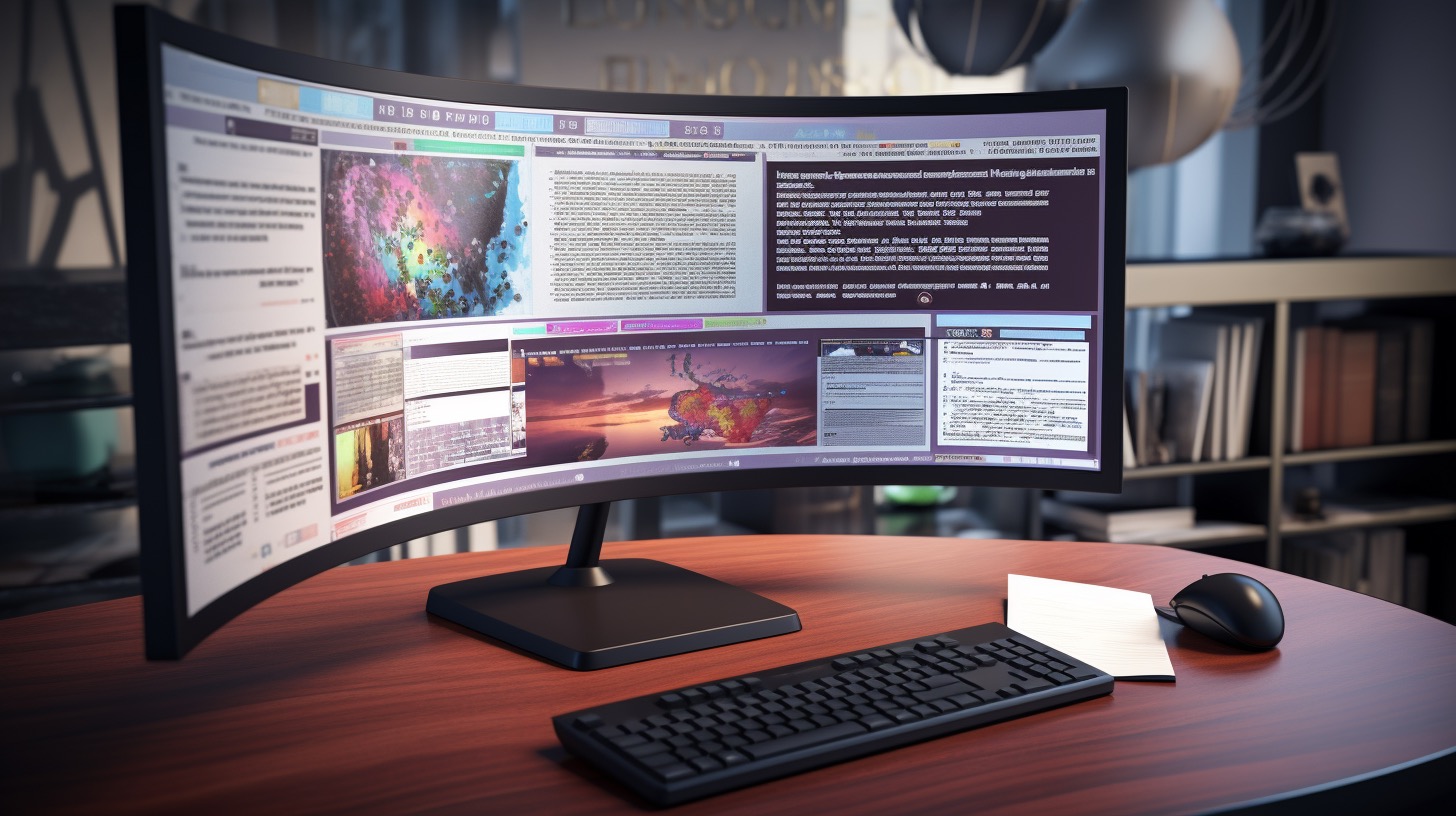Revolutionizing Traditional Sectors with High-tech Innovations
Beijing is witnessing a surge in its production power as local high-tech enterprises and parks flourish in diverse sectors like robotics, bio-medicine, autonomous driving, and the next generation of the internet. These advanced technologies are the backbone for the capital’s high-quality development and hold the keys to future growth.
Leadership through Technological Breakthroughs
Take, for instance, a company specializing in robotic vision sensors in Haidian District, which recently solved a long-standing issue in detecting reflective and transparent objects. This achievement has not only given them a competitive edge but has also allowed the deployment of their robots across 50 countries, exceeding 10,000 units in fields such as automotive and logistics.
In terms of industry growth, between January and April of the current year, the city witnessed a 7.9% rise in the added value of major industries on a comparable price basis. Specific sectors saw even more significant leaps, with electronics manufacturing at a 20.3% growth, followed by the automotive industry at 19.5%. Renewable energy and smart devices also saw substantial increases in production, signaling robust sectoral evolution.
Innovation Transforms Local Communities
Beijing’s innovation reach extends to local communities as well. A Beijing bio-medicine company in the Daxing Biomedical Industry Base developed a plant-based diabetes medication, which rapidly entered the national medical insurance list, contributing over 300 million yuan in sales. This product not only revolutionized diabetes treatment but also boosted the income of local mulberry tree planters by approximately 1000 yuan per acre.
Emerging Industries Shaping the Future
Elsewhere in Beijing, a firm at the Xingchuang International Center is transforming hydrogen into electricity through pioneering catalysts. Their efforts have bridged the full technology chain for hydrogen fuel cells and electrolytic hydrogen production, placing them at the front of the industry both domestically and globally.
Beijing South Railway Station is the site of another technological leap. Here, autonomous vehicles outfitted with “radar hats” navigate designated parking spots, marking the first time self-driving cars have been tested within the Third Ring Road. Soon, residents will be able to commute using these vehicles from the Yizhuang district to Beijing South Station.
These developments highlight the emergence of cutting-edge industries, including photonics and autonomous technologies – industries that are not only propelling Beijing forward but also reinforcing China’s competitive stance globally.
Key Questions and Answers:
What is driving the high-quality growth of industries in Beijing?
The growth is driven by the city’s focus on innovation in high-tech industries, including robotics, bio-medicine, autonomous driving, and next-generation internet technologies. Local enterprises and high-tech parks are creating technological breakthroughs that enhance production capabilities and competitive advantages both domestically and internationally.
What are the key challenges or controversies associated with Beijing’s high-tech industry growth?
One of the main challenges includes maintaining sustainable growth amidst increasing global competition and potential trade tensions. Additionally, there are concerns over intellectual property protection, technological ethics, and the environmental impact of rapidly expanding high-tech industries.
What are the advantages and disadvantages of Beijing’s high-tech industry growth?
Advantages include fostering local and national economic development, creating high-value jobs, and positioning China as a global leader in technology. Disadvantages could involve socioeconomic disparities if the benefits of growth are not evenly distributed, dependence on a skilled workforce that may be limited, and the aforementioned challenges around sustainability and ethics.
Related Links:
For more information on technology and economics in China, you might visit:
Ministry of Industry and Information Technology of the People’s Republic of China
State Council of the People’s Republic of China
Ministry of Science and Technology of the People’s Republic of China
Additional Relevant Facts:
The development of high-tech industries in Beijing aligns with China’s broader national strategies, including the “Made in China 2025” plan which aims to upgrade Chinese industry, becoming a major global player in high-tech industries and innovation. The emphasis on AI, renewable energy, and biotech also mirrors global trends towards addressing climate change, improving health outcomes, and advancing transport solutions.
Beijing’s reputation as a hub for education and research provides a solid foundation for the growth of these industries, as it is home to a number of top universities and research institutions, fostering a strong talent pool for these high-tech sectors.
Furthermore, Beijing’s government policies, including subsidies, tax incentives, and investments in infrastructure such as the Zhongguancun Science Park, have been important catalysts for the development and expansion of the high-tech industries, attracting domestic and foreign investment.
Overall, Beijing’s success in driving high-quality growth through high-tech industries demonstrates the city’s strategic forward planning and serves as a model for other cities seeking to modernize and compete in the global economy.
